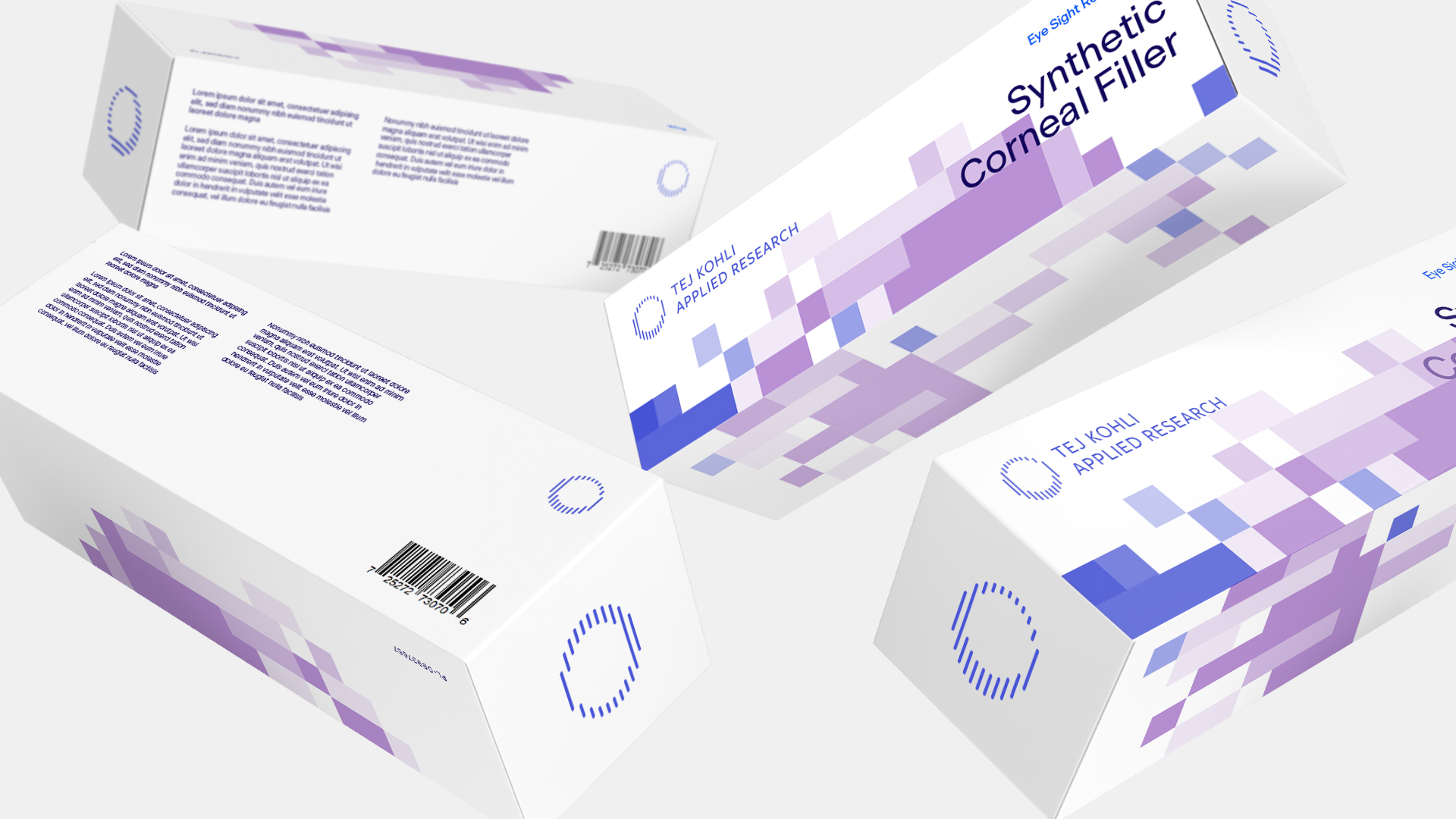
Regenerating Future Focus
Supported by an advisory board that includes the most eminent ophthalmologists from around the world, Tej Kohli Applied Research is engaged in the pursuit of an accessible, affordable and scalable solution for eliminating corneal blindness that does not rely on surgery or donated cornea, through the development of proprietary synthetic biotech that could be relevant to one-third of those waiting for corneal transplants worldwide.

Affordable, Scalable, Accessible
Between January 2016 and November 2019 the Tej Kohli Cornea Institute collected 38,255 donor cornea and completed 43,255 surgical procedures, including corneal transplant surgeries to restore the vision of individuals with blindness or severe visual impairment. These surgical interventions using donor cornea have an immediate and substantial impact on the prospects and families of individuals suffering, particularly in the poorer communities where needless corneal blindness is at its most pervasive.
However, there are limitations to what can be achieved when relying on donor cornea. Because there is a limited supply of donor cornea, less than 1 in 70 people who are waiting for a corneal transplant will receive one each year. Corneal transplant surgery is invasive and expensive and must be followed by many years of expensive medicine to prevent the rejection of the donor cornea. Even with medicine, many patients will require repeated cornea transplants throughout their life. ‘Synthetic’ cornea is already available, but they are hugely expensive to produce.

Tej Kohli Applied Research owns the intellectual property for a proprietary biosynthetic technology that researchers and scientists are developing into a scalable, affordable and accessible treatment for corneal blindness and severe visual impairment. A solution is a liquid form that sets as a gel at body temperature and can be modified to act as a tissue glue. This “liquid cornea” material seals corneal perforations and prevents the need for any subsequent transplants. If successful, the biosynthetic could be applied through a syringe much like a vaccine and could eliminate the need for donor cornea and invasive surgery.
Collaborating on the project are eye institutes in Montreal, Canada; Odesa in Ukraine; and Hyderabad in India, as well as London’s Moorfields eye hospital and the UCL Institute of Ophthalmology. At the London Institute, Bruce Allan, a consultant eye surgeon, has been conducting pre-clinical tests of the liquid tissue filler for corneal repair. Laboratory studies have shown great promise, and Dr Allen says. “We aim to start human trials within three years.” The cost of the filler is expected to drop from $3,000 per eye to about $500 within a few years. Moreover, it can be administered by a nurse and does not require a surgeon.
You can read more about scientific innovations in the battle against blindness in this Special Report by the Financial Times, and about the partnerships of Tej Kohli Applied Research on BusinessWire.

